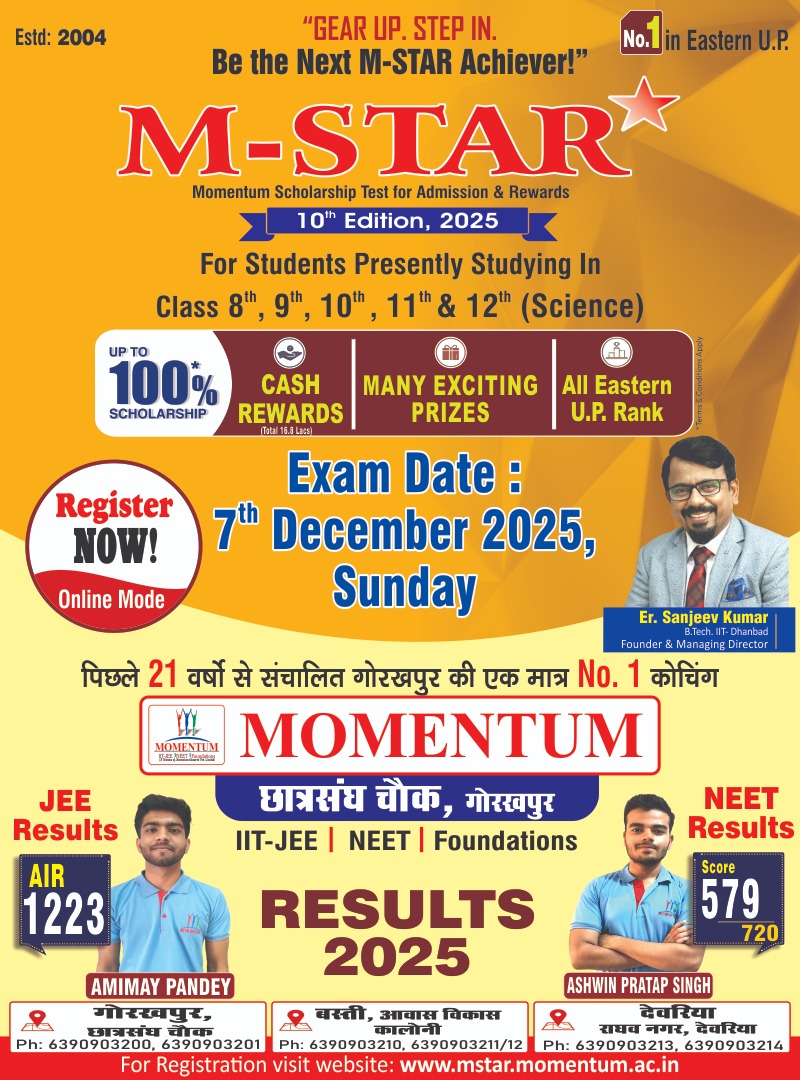Study Smarter with the Most Important Study Material for JEE

Preparing for the Joint Entrance Examination (JEE) can be overwhelming due to the vast syllabus and intense competition. To succeed, it’s not just about studying harder but studying smarter by using the Best Study Material for JEE effectively. Here, we explore some of the most essential resources to help you prepare strategically for JEE.
NCERT Textbooks: The Foundation of Your Preparation
NCERT textbooks for Physics, Chemistry, and Mathematics are fundamental for JEE preparation. These books provide a solid conceptual foundation and are essential for both JEE Main and Advanced. Though simple in their presentation, NCERT textbooks cover basic concepts clearly and concisely. Many JEE questions, especially in Chemistry, are directly based on NCERT content. Pay special attention to in-text examples and exercises, as mastering them is crucial for building a strong knowledge base. While NCERT may not cover every complex topic needed for JEE Advanced, it’s an indispensable starting point for anyone serious about cracking the exam.
Advanced Reference Books: Going Beyond the Basics
After establishing a foundation with NCERT, moving on to advanced reference books is key for tackling the challenging questions in JEE Advanced. For Physics, H.C. Verma’s Concepts of Physics is highly recommended due to its clear explanations and comprehensive problem sets. For Mathematics, IIT Mathematics by M.L. Khanna is a great resource for advanced topics like calculus and algebra. These books help build the analytical thinking required for JEE.
For Chemistry, resources like P. Bahadur for Physical Chemistry, Morrison and Boyd for Organic Chemistry, and O.P. Tandon for Inorganic Chemistry are highly effective. They cover advanced topics thoroughly and provide ample practice problems to ensure a complete understanding of complex concepts.
Exam Pattern: A Key to Understanding Previous Year Question Papers
Solving previous year question papers is one of the smartest strategies for JEE preparation. These papers give you insight into the exam pattern, question types, and difficulty level. By practicing past papers, you can better understand how questions are framed and develop strategies for time management. Practicing under timed conditions is key to simulating the exam environment and building confidence. Additionally, working through these papers can help you identify common topics that are frequently tested, allowing you to prioritize your study efforts.
Online Resources and Mock Tests: Assessing Your Progress
In the digital age, online platforms offer valuable resources, including video lectures, quizzes, and study materials. These can help clarify complex concepts and offer extra practice for tricky topics. Mock tests are critical for tracking your preparation. Regular participation in these mock tests will help you gauge your performance, identify weak areas, and work on them. Detailed analysis provided by these platforms allows for targeted improvements, enhancing both your speed and accuracy.
Coaching Material: Structured Study Plans
Study materials from well-known coaching institutes are another valuable resource. Even if you are preparing independently, the study material from different institutes offers a structured approach to covering the syllabus. The Best Study Material for IIT JEE from Momentum often includes topic-wise notes, solved examples, and practice problems that mirror the JEE format. Accessing coaching material breaks down the syllabus into digestible portions, ensuring complete coverage. An organized strategy helps you track your progress and focus on weaker areas while preparing.
Short Notes and Flashcards: Quick Revision Tools
As you approach the later stages of your preparation, creating short notes and flashcards is a highly effective revision strategy. These tools allow you to condense critical information, like formulas and key concepts, into a format that’s easy to review quickly. Short notes are especially useful for last-minute revisions, enabling you to revisit important topics without diving back into entire chapters.
Succeeding in JEE is not about amassing a large number of books but about choosing and using the right materials effectively. Start by mastering NCERT textbooks to build your foundation, then move on to advanced reference books for deeper learning. Regularly practice using previous year's papers and mock exams to learn the exam pattern and increase speed and accuracy. By studying smart—focusing on quality over quantity and using a structured approach—you can significantly increase your chances of success in JEE.







pbgn.jpg)
ny3x.png)
zhtk.jpg)

oith.png)

ss7m.jpg)





yvq6.jpg)
